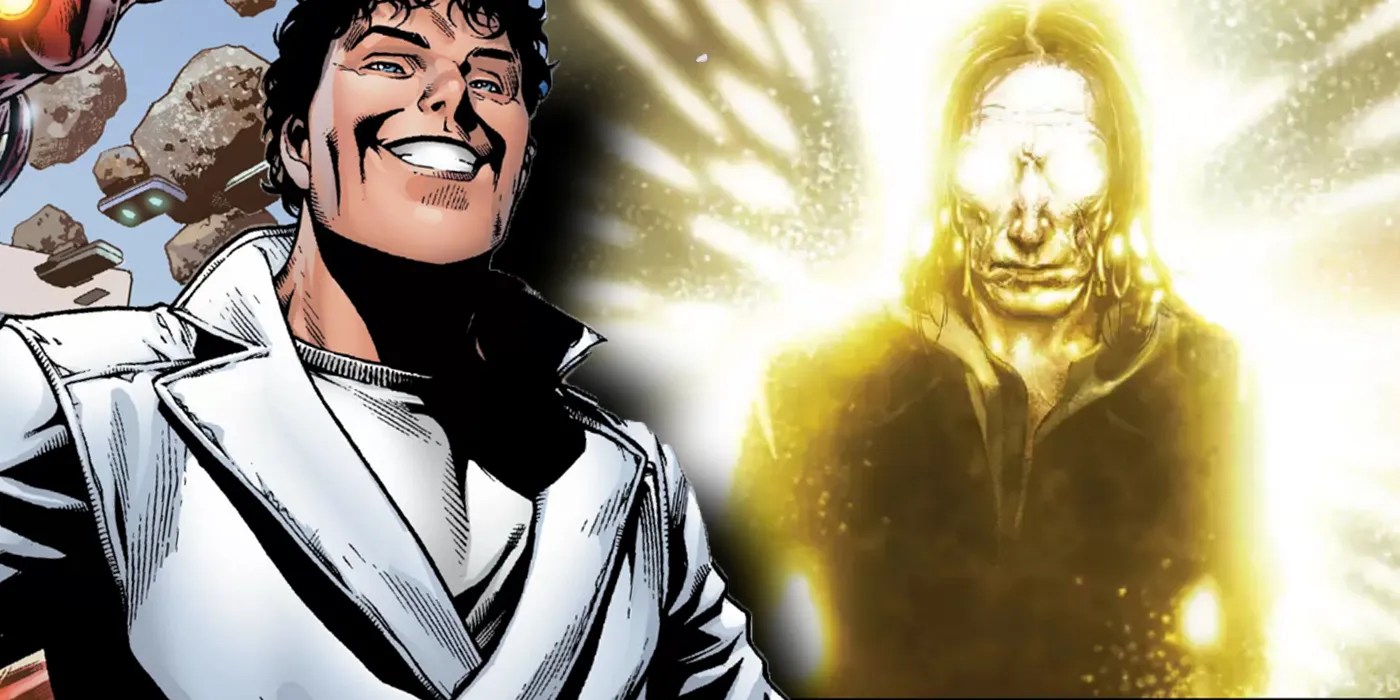In discussions spanning popular culture, speculative fiction, and even philosophical debates, the concept of "The One Above All" frequently emerges as the ultimate benchmark of power and authority. Yet, a pervasive misunderstanding surrounds this singular entity, leading to mischaracterizations that obscure its true nature and narrative purpose. This article aims to disentangle common misconceptions from verifiable facts, offering a clearer perspective on a figure often cited but rarely truly understood.
Editor's Note: Published on July 23, 2024. This article explores the facts and social context surrounding "what everyones getting wrong about the one above all".
Unraveling the Enigma's Perceptions
The ubiquity of "The One Above All" in various fictional canons, particularly within superhero narratives, has cemented its status as an omnipotent, omnipresent, and omniscient creator. Public discourse often reduces this entity to a mere power ceiling, a convenient plot device to explain away ultimate reality or to establish a pecking order among cosmic beings. This simplified view, however, frequently misses the profound implications and subtle narrative roles intended by its creators.
Historically, the introduction of such an absolute entity serves multiple functions. It can provide a foundational cosmology, offer a meta-narrative commentary on storytelling itself, or even represent the authors and readers within the fictional universe. The initial reactions to its conceptualization were varied, ranging from awe at its implied grandeur to skepticism regarding the narrative necessity of an entity that, by its very definition, transcends all conflict and conventional characterization.
"The tendency to view 'The One Above All' purely through the lens of combat potential or hierarchical power scaling misses the point entirely. It's a conceptual anchor, not merely another combatant in the cosmic arena," notes a prominent literary critic specializing in modern mythologies.
Examining Canonical Misinterpretations
A significant portion of the public's misunderstanding stems from a conflation of its implied absolute power with a desire for active intervention within the narrative. While certainly capable of anything, "The One Above All" is rarely depicted as a direct participant in conflicts. Instead, its presence is more often felt as a guiding principle, a source of ultimate truth, or an unseen hand subtly influencing the grand tapestry of existence. This contrasts sharply with popular portrayals that often imagine it as a deus ex machina waiting to resolve impossible situations.
Furthermore, discussions frequently pivot to identifying "The One Above All" with a specific individual or anthropomorphic form within the narrative. While certain manifestations or avatars have appeared, these are often symbolic representations, designed to communicate with beings of lesser understanding rather than to reveal the entity's true, unknowable form. The true essence is understood to transcend form, gender, or even conventional existence.
